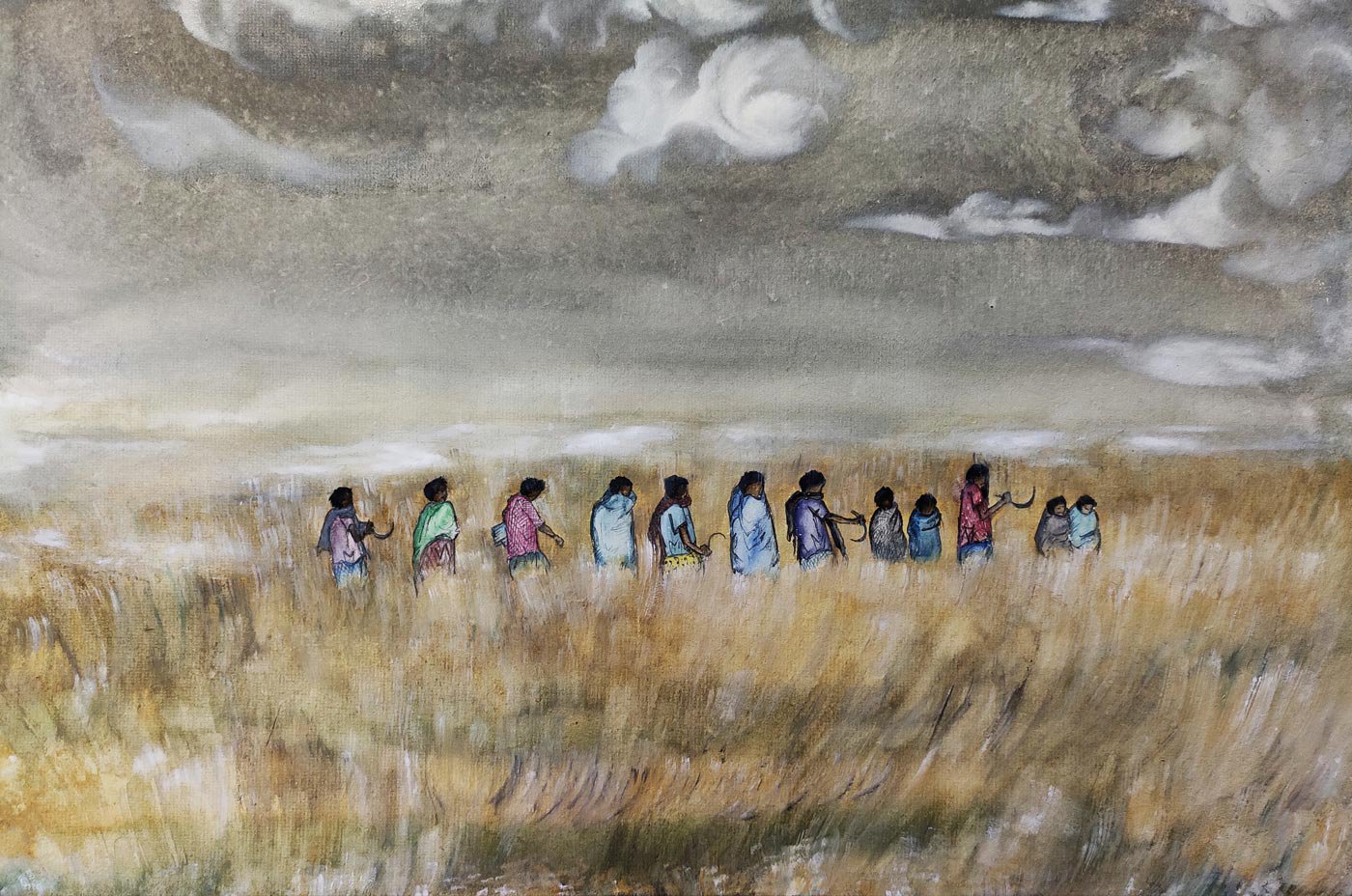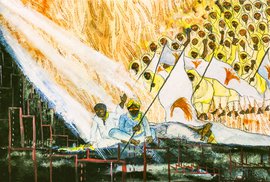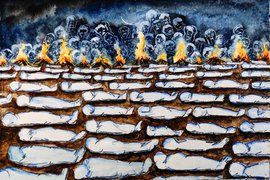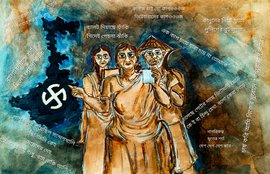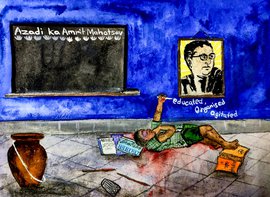Judge: …Answer why you did not work?
Brodsky: I did work. I wrote poems.
Judge: It would be better, Brodsky, if you would explain to the Court why you didn’t work during the
breaks between jobs.
Brodsky: I wrote poems. I did work.
In the accounts of the two long hearings of the trial in 1964, meticulously recorded by journalist Frieda Vigdorova, the 23-year-old Russian poet Iosif (Joseph) Aleksandrovich Brodsky defended the usefulness of his poetry for his nation and for future generations. But the judge was not convinced and sentenced Brodsky to five years of internal exile and hard labour for malicious social parasitism.
In the year we now say goodbye to, the People’s Archive of Rural India has published more poems, brought to light more singers, started a new archive of folk songs, and added more songs to an existing one.
So, why do we give so much importance to poetry? Is it really ‘work’? Or is it, as Brodsky’s tormentors claimed, social parasitism?
Questioning the validity, relevance, and value of the ‘work’ of a poet has remained an age-old preoccupation among philosophers and politicians alike. Many others in the academic world and outside of it will also swiftly and conveniently push poetry aside, segregate it in favour of other more scientific, evidence-based ways of knowing. It is quite unique then to have thriving sections on poetry, music and songs on a live archive of rural journalism.
PARI embraces creative expressions of all kinds, not just because they can tell us different stories, but also because they introduce newer ways of storytelling itself, of documenting the experiences and lives of people in rural India. It is here, in creative imagination charged with personal experiences and collective memory, that we find yet another way of arriving at human knowledge, beyond history, beyond journalism. Yet another way of documenting and archiving the processes of our times – political, social, cultural, economic – intertwined in the lives of people.
This year PARI published poems in many tongues - Pachmahali Bhili, English, Hindi and Bangla. Placing an individual within a larger experience these poems are testimonies of our times. Some brought out the tensions and ambivalence inherent in personal experiences as in An Adivasi writes off the village , some raged at the patriarchal nature of languages and created fresh spaces of resistance within, as in Lives and languages hanging by a thread , some more exposed the lies of the tyrant as in Annadata and Sarkar Bahadur , and yet others spoke of a truth – historical and collective – without fear as in A tale of a book and three neighbours .
Writing is a political act, and when one listens to songs in the Grindmill Songs Project , one realises that weaving a poem, a song, an ovi is a collective act of engagement, sisterhood, and resistance. These songs have been a way of making sense of one’s world, of reifying in language all that is forever in a flux – time, culture, feelings. PARI has added more fascinating instalments this year to this thriving collection of 100,000 folk songs from rural Maharashtra and Karnataka sung by more than 3,000 women on diverse themes.
The diversity on PARI stretched further this year with a new multimedia archive of Kutchi folk songs: Songs of the rann . This growing collection that has begun with a collaboration with the Kutch Mahila Vikas Sangathan (KMVS), curates songs on themes of love, longing, loss, marriage, devotion, motherland, gender awareness, democratic rights. An archive of music as diverse as the land that it comes from, it will house a rich collection of 341 songs, presented by an informal collective of 305 percussionists, singers and instrumentalists from Gujarat playing a variety of musical forms and bringing to life the once thriving oral traditions of Kachchh here in PARI.
What PARI poetry has done is to challenge the notion that poetry is the preserve of the elite and the highly educated classes, or a matter of rhetoric and linguistic flourishes. By not discriminating between poetry and folksongs , we acknowledge the true custodians and makers of this diverse tradition – ordinary people from all class, caste, gender . People like Kadubai Kharat , or Shahir Dadu Salve , who sing of the sorrows and struggles of common people as well as of equality and Ambedkar, make poetry of popular politics. Sukumar Biswas , an ordinary coconut seller from Lankapara in Santipur, sings beautiful songs full of mystic wisdom, undoubtedly chiselled by his experience of living in India post the Bangladesh war of 1971. Freedom fighter from Pirra village of West Bengal, Lokkhikanto Mahato , with a resonant voice of a singer at 97, shows how music and songs charged the freedom struggle in India with much needed hope and fire.
But who says poems or songs are only written in words? Lines of a very different kind have added colours and perspective to many of the pieces that we published on PARI. A number of artists, each with their unique style, have created evocative pieces that have now become an integral part of the published story.
Illustrations are not new to storytelling in PARI. We have published stories that used illustrations to untangle a story . At other times we have carried them for ethical reasons as in When children go missing… In one of the stories the writer of the story, herself a painter, decides to use paintings instead of photographs to give a new force and meaning to the story . But when artists add their lines to the lines of a poet or a singer on PARI they bring new shades of meaning to the already rich tapestry on the page.
Here, come and feel the wrap and weft that make this beautiful tapestry.
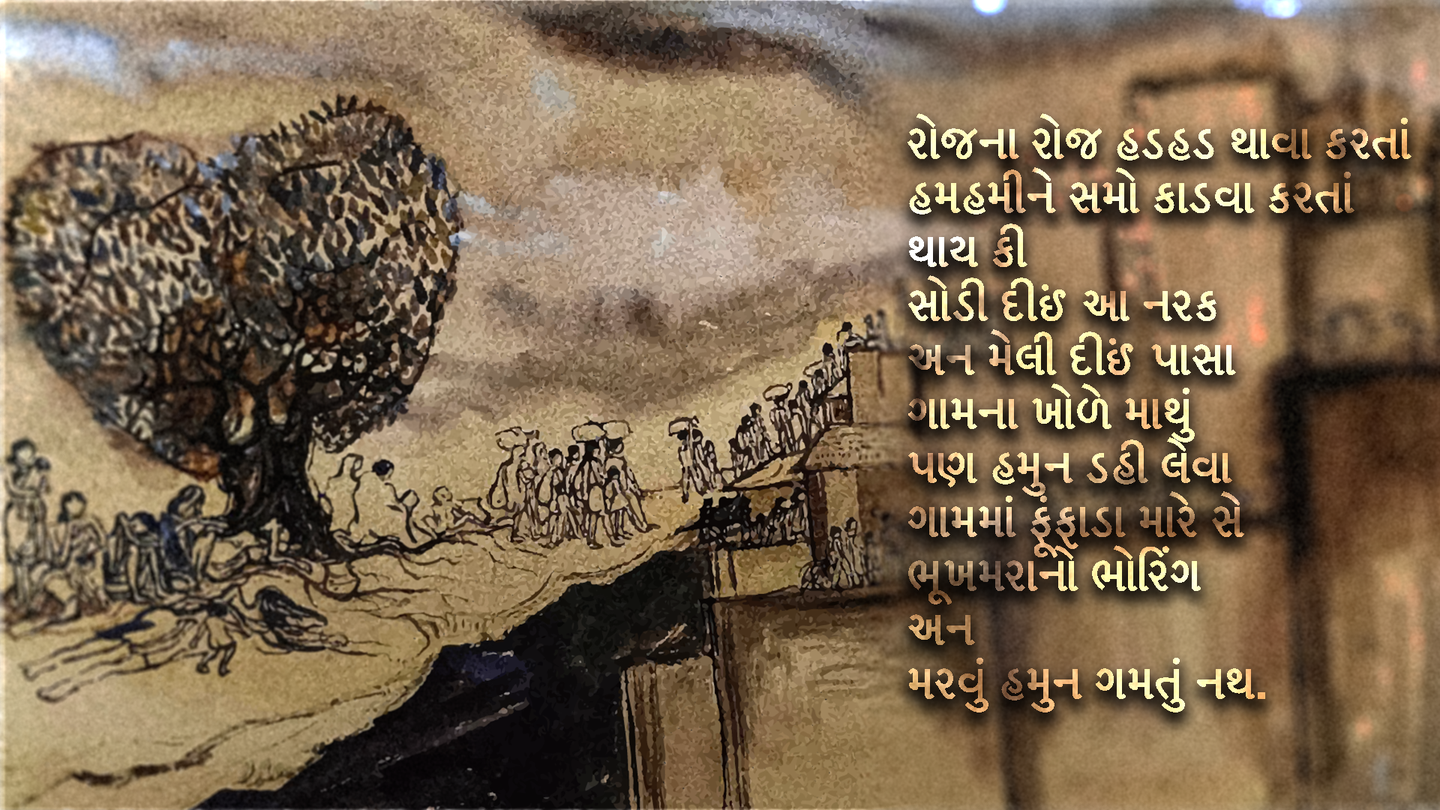
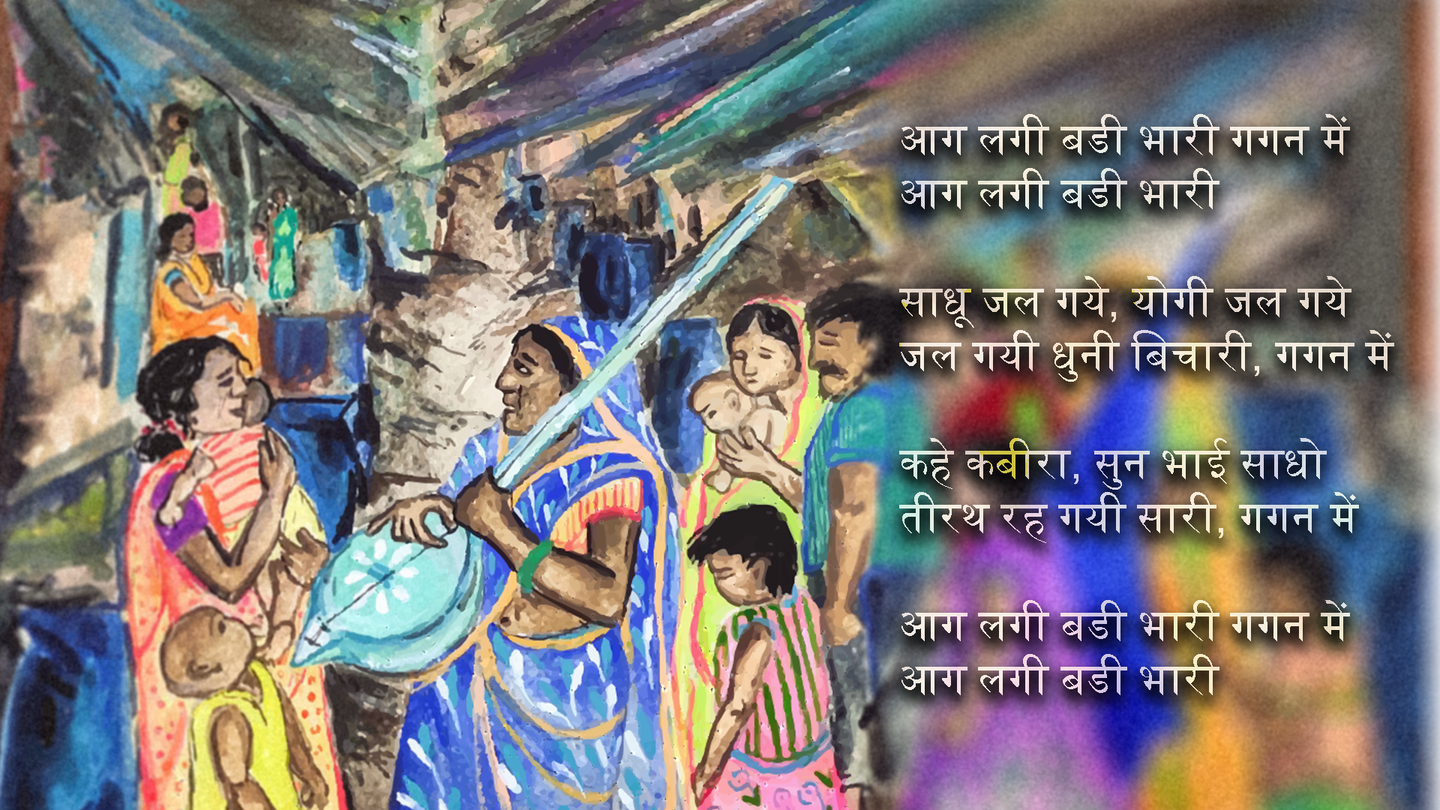
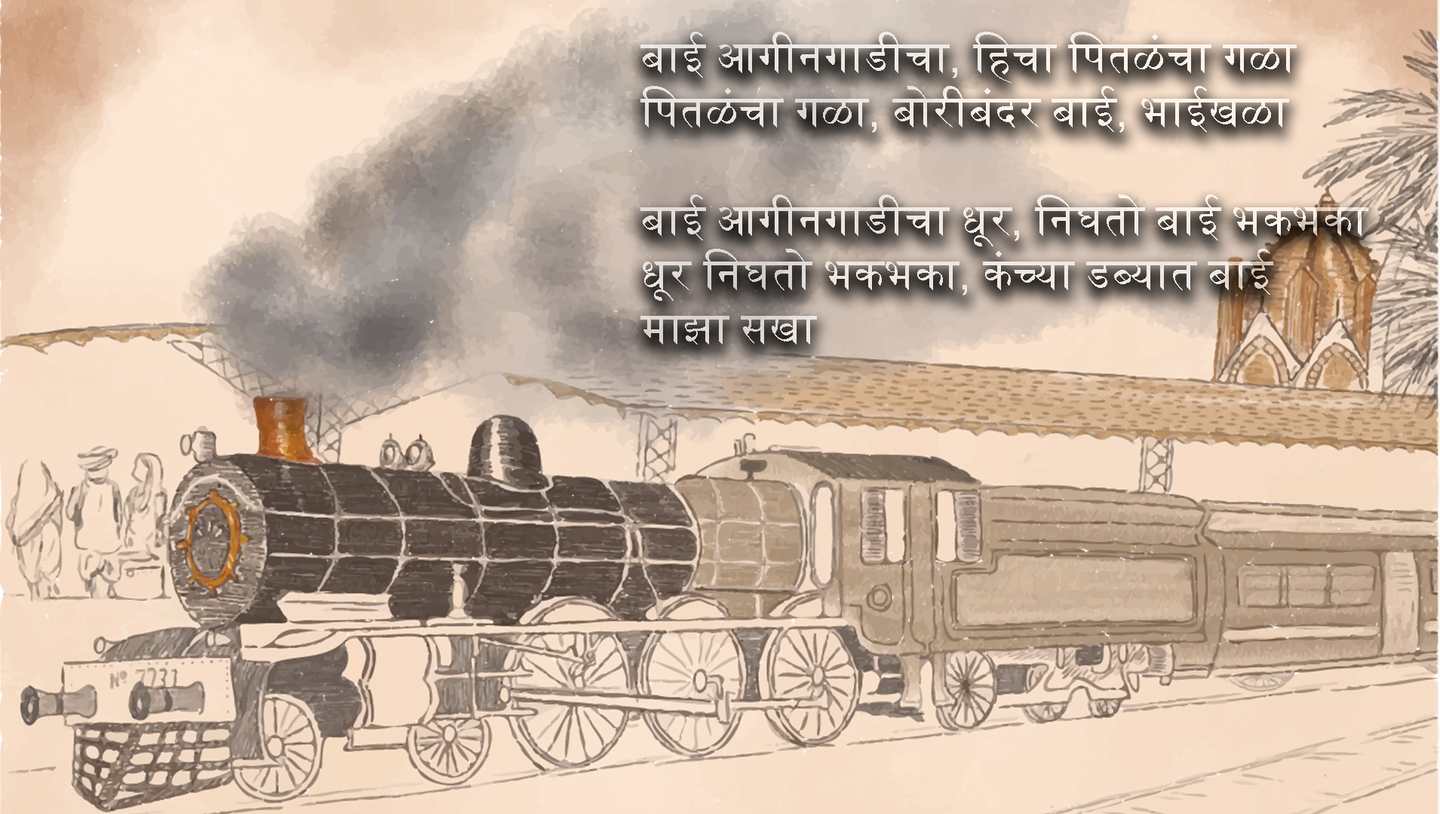
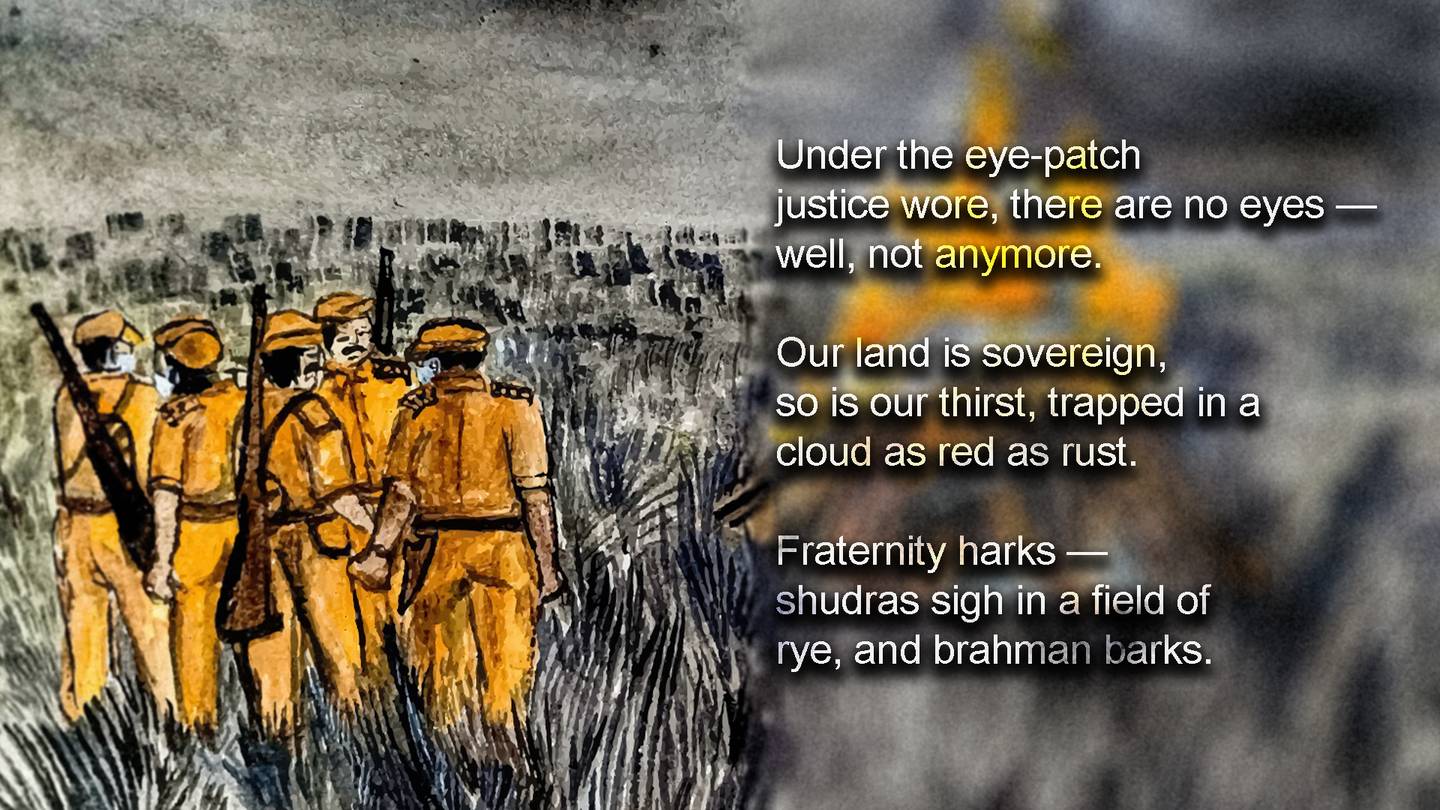
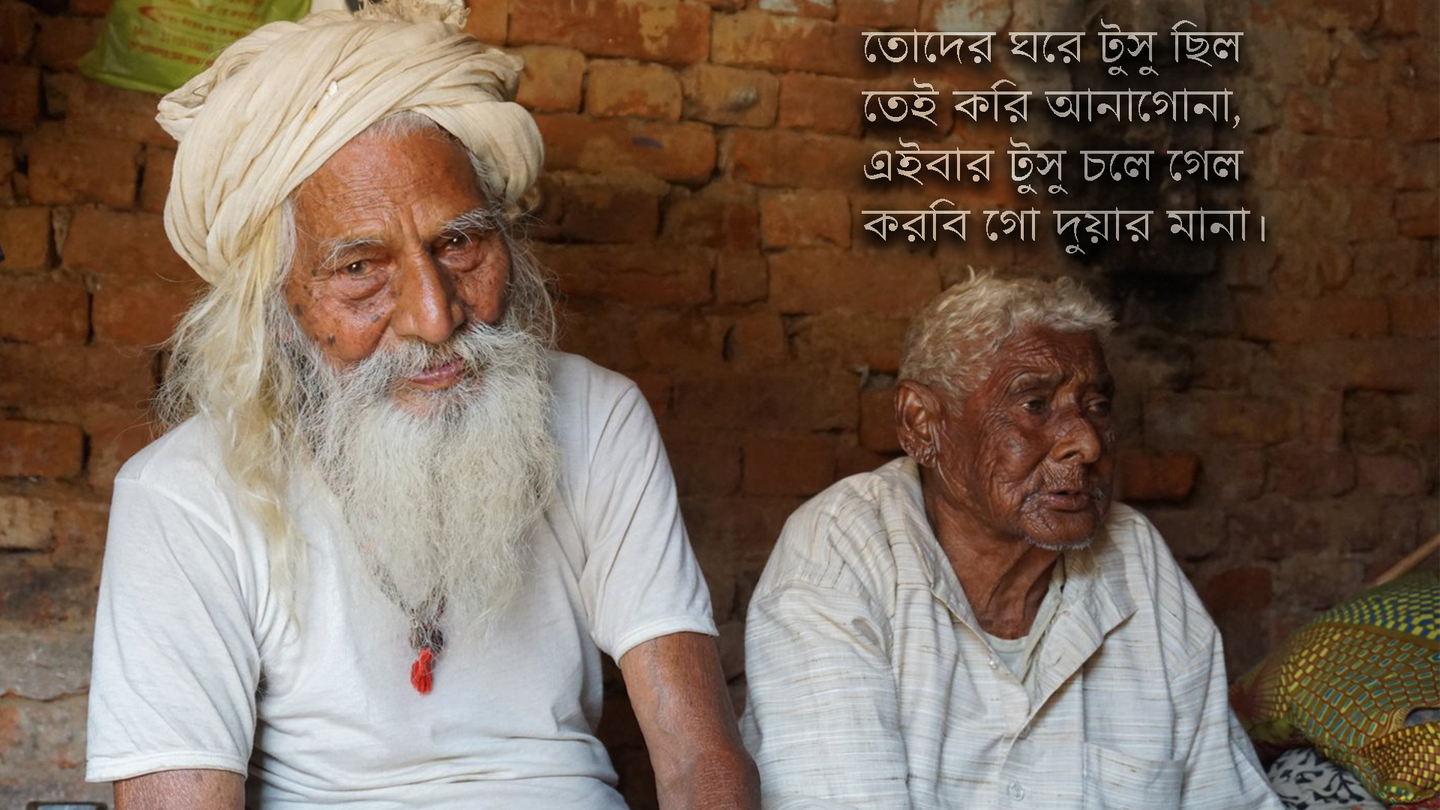
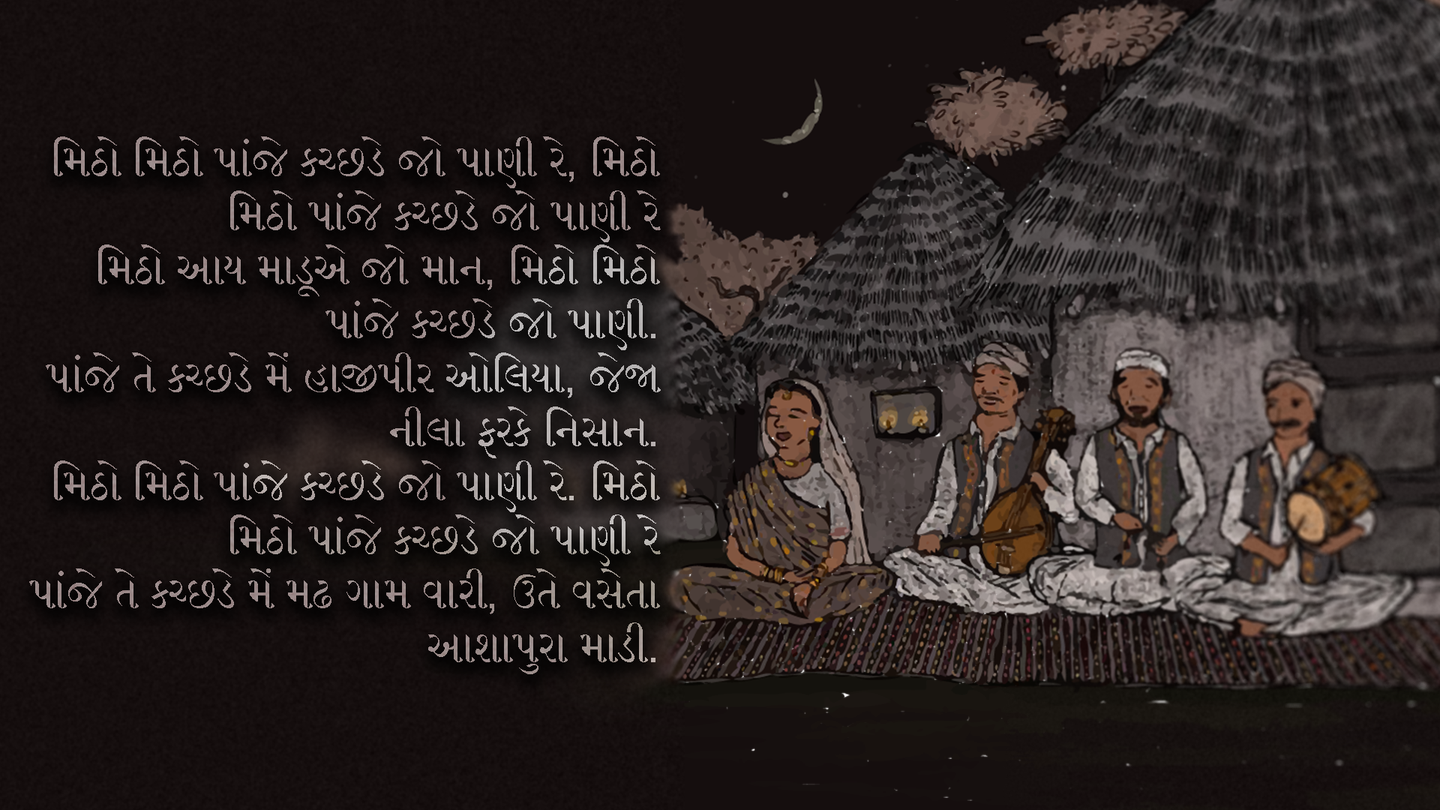
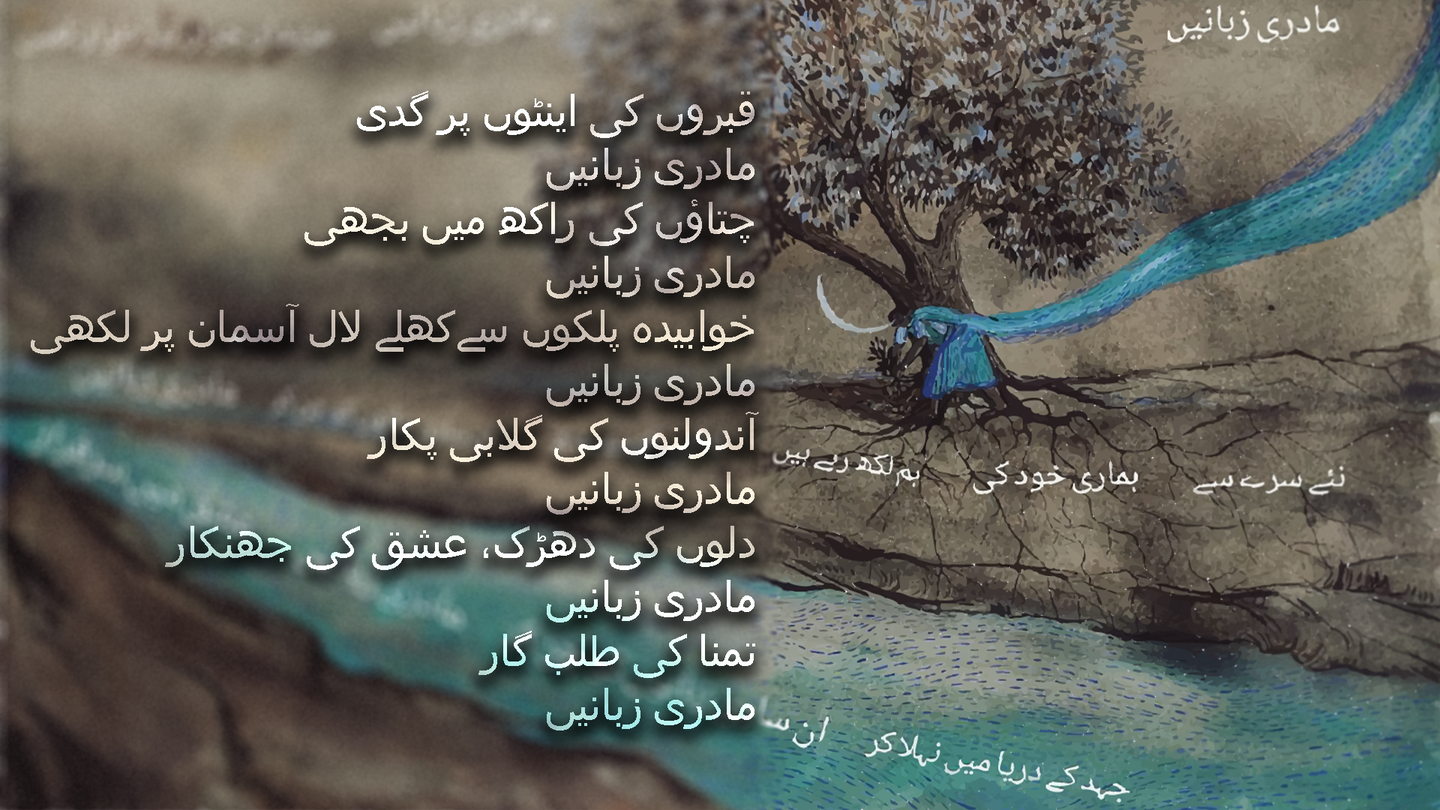
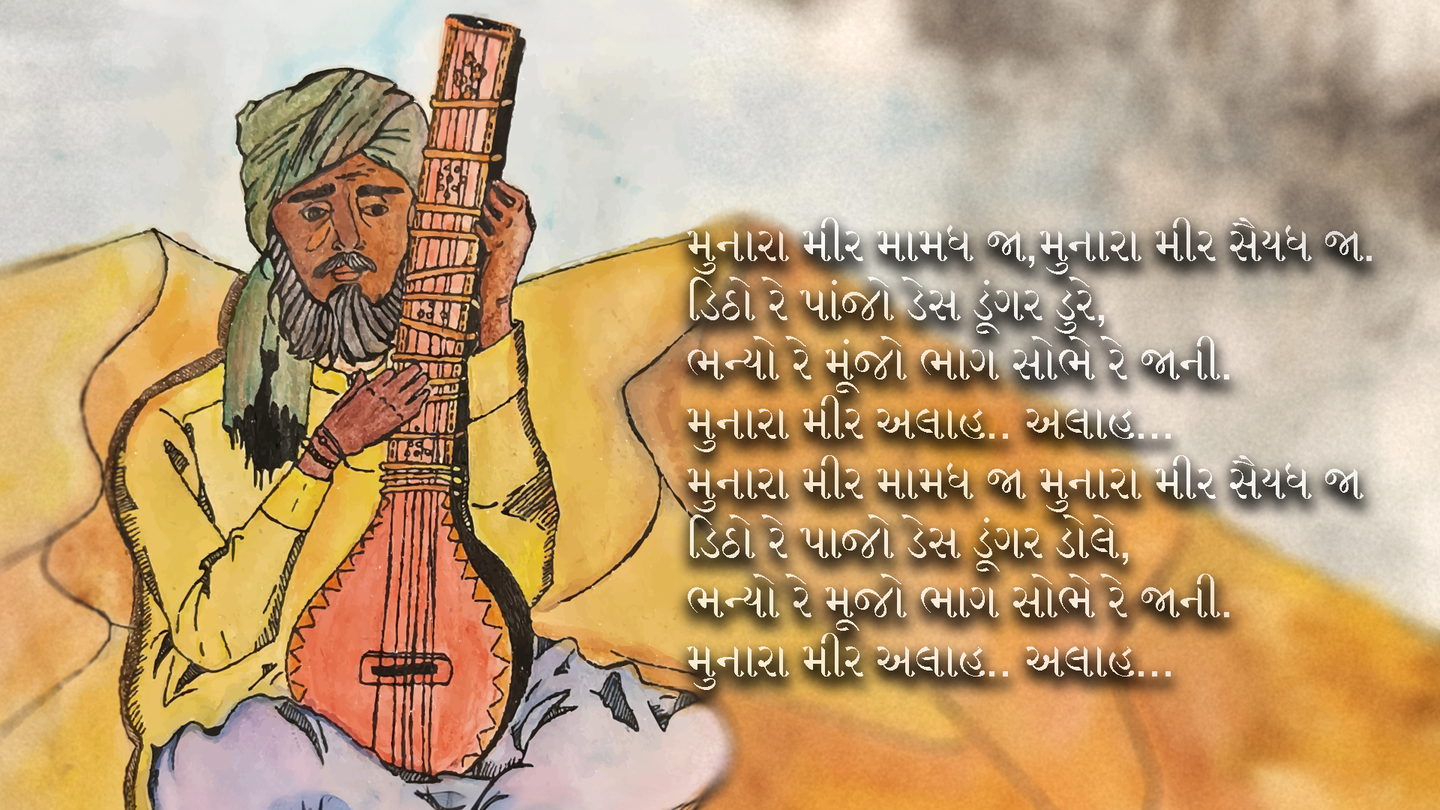
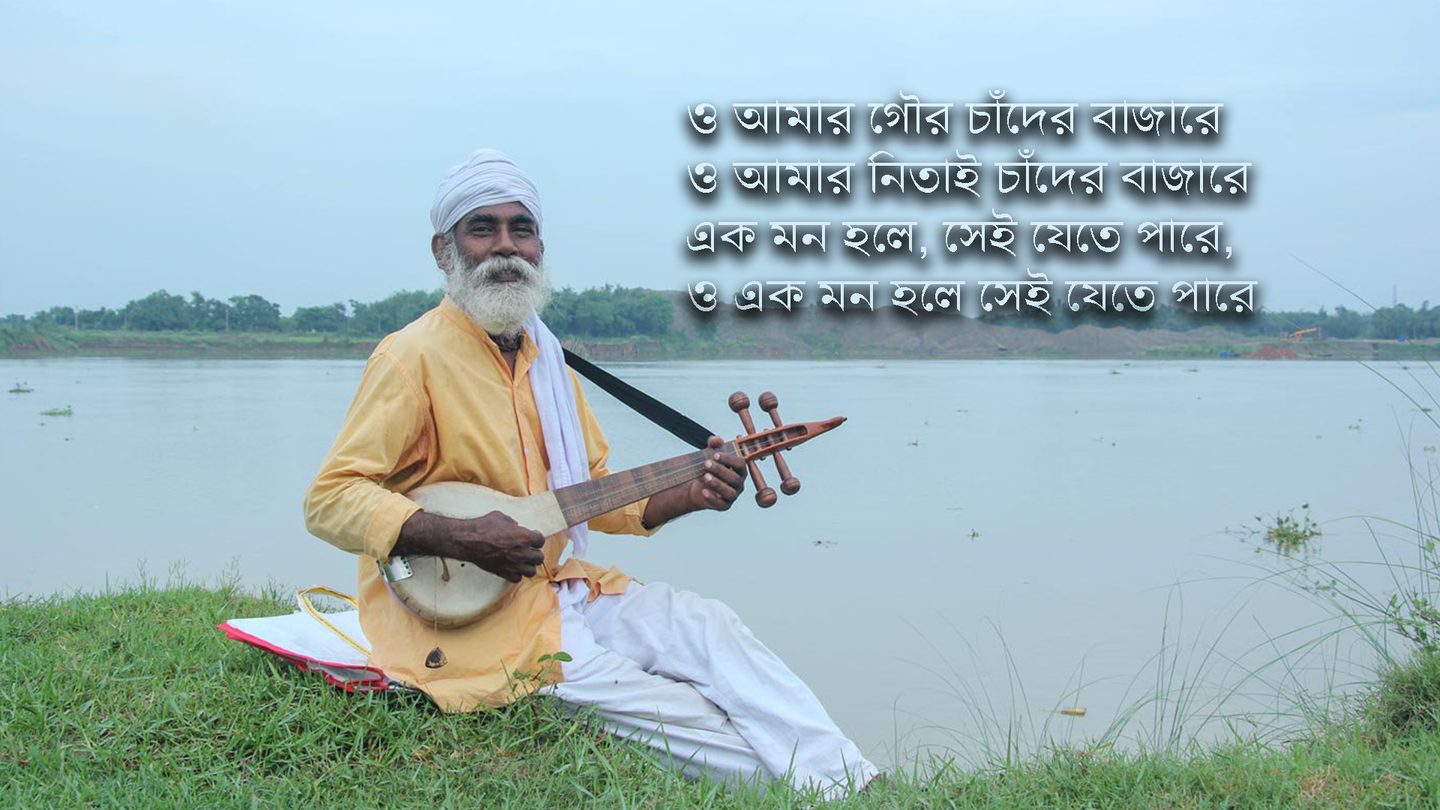
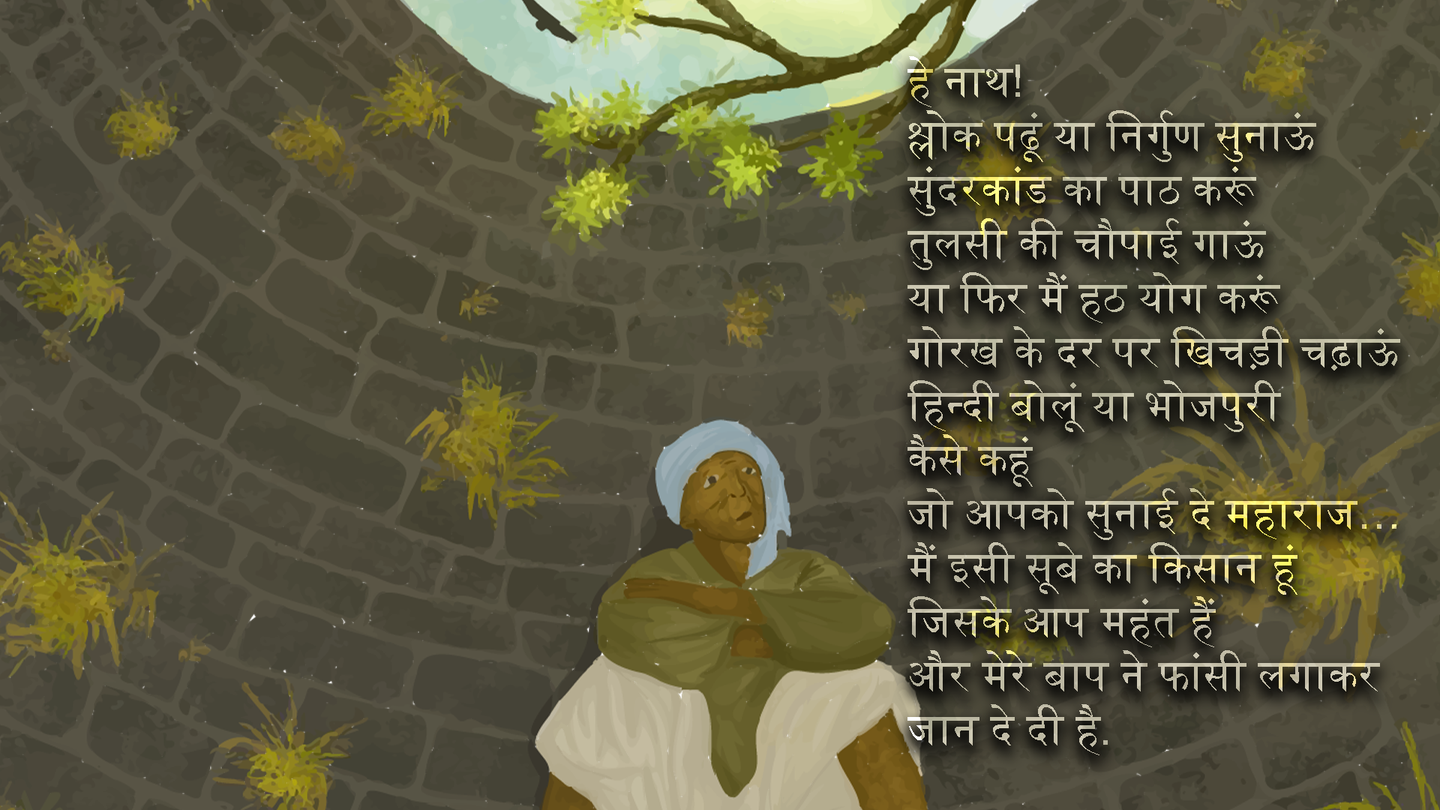
The team would like to thank Rickin Sanklecha for his help in editing the images for this piece.
If the work we do interests you and you would like to contribute to PARI, please write to us at [email protected] . We welcome freelance and independent writers, reporters, photographers, film makers, translators, editors, illustrators and researchers to work with us.
PARI is a not-for-profit and we rely on donations from people who appreciate our multilingual online journal and archive. If you would like to contribute to PARI please click on DONATE .
